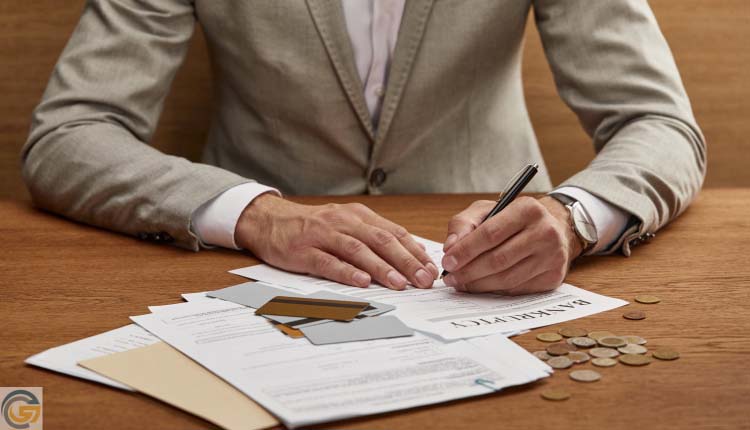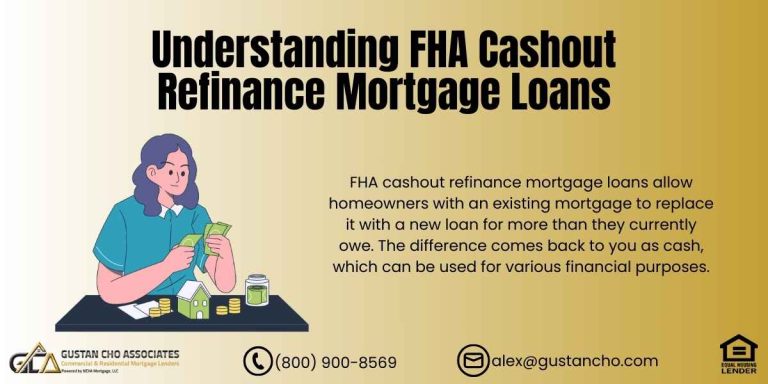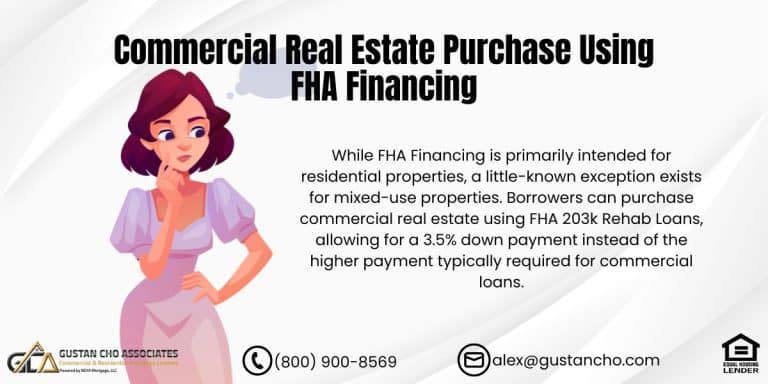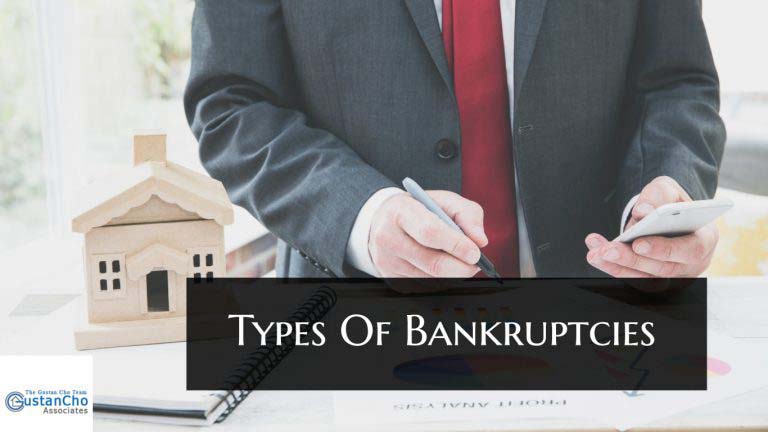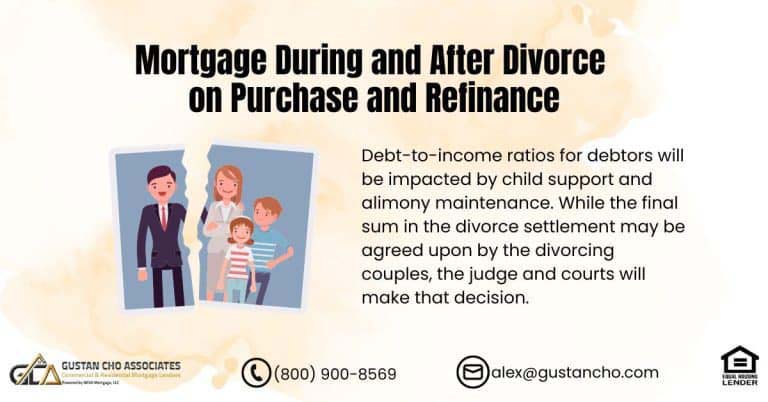Understanding the FHA Bankruptcy Waiting Period
The FHA Bankruptcy Waiting Period determines how long a borrower must wait after filing for bankruptcy before qualifying for an FHA loan. These guidelines help borrowers who have experienced financial hardship rebuild their credit and become homeowners again.
At Gustan Cho Associates, we specialize in helping borrowers qualify for FHA loans after bankruptcy with no lender overlays. Even if other lenders told you to wait longer, our team can often help you qualify sooner under HUD guidelines.
FHA Bankruptcy Waiting Period (Quick Answer):
- Chapter 7: usually 2 years after discharge (some exceptions may be possible after 12 months with documented extenuating circumstances and counseling).
- Chapter 13 (in repayment): potentially eligible after 12 months into the plan with court/trustee permission (manual underwriting is common).
- Chapter 13 (after discharge): HUD does not require an additional waiting period, but many lenders add overlays.
- If a mortgage/foreclosure is involved, timing may be based on the property transfer/foreclosure completion, not the bankruptcy date. (Explain in the next section.)
Types of Bankruptcy and How They Affect FHA Loan Eligibility
There are two types of bankruptcies consumers typically file:
Chapter 7 Bankruptcy (Total Liquidation)
Chapter 7 Bankruptcy is for people who have a lot of unsecured debt and not much income or assets. This bankruptcy option allows individuals to get rid of most unsecured debts, like credit card bills, medical expenses, and personal loans, once the court approves the discharge. It’s important to note that you don’t need to have a job to file for Chapter 7, making it available for those in tough financial situations.
If you have assets you want to keep, filing for Chapter 13 Bankruptcy might be a better choice.
FHA Bankruptcy Waiting Period — Check Eligibility Now
Chapter 7: typically 2 years from discharge. Chapter 13: eligible during plan (12+ on-time payments, trustee OK) or immediately after discharge via manual underwriting.
Qualifying for FHA Loans During and After Chapter 13 Bankruptcy
How Chapter 13 Bankruptcy Works
Chapter 13 bankruptcy allows a borrower to create a court-approved repayment plan that usually spans 3 to 5 years. During this period, a bankruptcy trustee oversees the plan and distributes payments to creditors. The primary objective is to repay as much of the debt as possible, with any remaining balance being discharged upon the plan’s completion. To qualify for Chapter 13, the borrower needs to show a consistent source of income.
FHA Waiting Period After Chapter 7 Discharge (Timeline + Checklist)
Borrowers can get an FHA loan just two years after their Chapter 7 Bankruptcy is discharged.
Key points include:
- No late payments after the discharge.
- Re-established credit is required.
- FHA lenders want to see responsible use of new credit.
How to Rebuild Credit After Chapter 7
After a Chapter 7 discharge, credit scores can drop by 100 points or more. To rebuild quickly:
- Open 3 to 5 secured credit cards immediately after discharge.
- Choose cards with a $500–$1,000 credit limit each.
- Keep balances below 10% of the credit limit.
- Make on-time payments every month.
Borrowers who follow this plan often see credit scores above 700 within 12 months.
This shows lenders you’ve learned from your financial past and are ready for responsible homeownership.
Building Strong Credit Relationships
Once you’ve used secured credit responsibly:
- Your credit limit may increase without new deposits.
- Some lenders may refund your deposit and convert the account to unsecured credit.
- Don’t apply for too many new accounts at once. Each time you do, it can lower your credit score by 2 to 5 points.
Tip: Wait until your FICO scores reach at least 700 before applying for unsecured credit cards or loans.
FHA Bankruptcy Waiting Period After Chapter 13
If you’re in a Chapter 13 repayment plan and have made your payments on time for a year, you can still get an FHA loan, as long as your trustee approves.
Requirements:
- Minimum 12 months of timely payments to all creditors.
- Verification of Rent (VOR) is required for manual underwrites.
- All FHA loans during Chapter 13 are manual underwrites until two years have passed since discharge.
No Waiting Period After Chapter 13 Discharge (HUD Rules)
HUD does not require any waiting period after a Chapter 13 discharge. However, some lenders impose overlays — extra rules beyond HUD’s minimums. If you were told you must wait one or two years after Chapter 13 discharge, that’s likely due to lender overlays, not FHA guidelines.
At Gustan Cho Associates, we do not have overlays. We follow HUD guidelines only, meaning you can apply for an FHA loan immediately after Chapter 13 discharge.
Call Gustan Cho Associates at 800-900-8569, text us for a faster response, or email gcho@gustancho.com. Our team can help you get approved right away, even when other lenders say no.
FHA Bankruptcy Waiting Period: When a Mortgage Was Included in Bankruptcy
If your mortgage was included in a Chapter 7 Bankruptcy, FHA rules differ from Conventional loans.
FHA Rules:
The FHA rules state that the waiting period is three years from the date your name was removed from the property deed, rather than the date of bankruptcy discharge. This usually implies that the waiting period begins three years from the foreclosure or sheriff’s sale date, even if the bankruptcy discharge occurred before that event.
Conventional Loan Rules:
Fannie Mae and Freddie Mac require that you wait four years after your bankruptcy is officially resolved, even if your foreclosure occurs after that.
This difference is critical — FHA bases timing on the property transfer date, while Conventional loans base it on the discharge date.
FHA vs. Conventional Bankruptcy Waiting Period Summary
| Loan Type | Chapter 7 Waiting Period | Chapter 13 Waiting Period (Discharge) | Mortgage Included in Bankruptcy |
| FHA Loan | 2 years from discharge | No waiting period (manual underwrite if <2 yrs) | 3 years from deed transfer date |
| Conventional Loan | 4 years from discharge | 2 years from discharge | 4 years from discharge date |
No Overlays. Faster Answers After Bankruptcy.
We follow HUD rules only—including no waiting period after a Ch. 13 discharge on manual underwriting. Let’s map your fastest path.
How One Borrower Qualified for an FHA Loan 14 Months After Chapter 13 Bankruptcy
Borrower Background
Maria, a 42-year-old nurse from Texas, recently filed for Chapter 13 Bankruptcy following unexpected medical bills and a divorce that led her to fall behind on her credit cards and car payments. Her bankruptcy was confirmed in April 2023, establishing a 5-year repayment plan overseen by a court-appointed trustee.
Although her credit score has dropped to 540, Maria is committed to rebuilding her finances and dreams of buying a home for herself and her two children. She is aware of the FHA bankruptcy waiting period. She is hopeful that with perseverance, she will be able to qualify for a mortgage in the future.
Steps Taken to Rebuild Credit
Maria followed the same credit recovery strategy we teach at Gustan Cho Associates:
- She opened three secured credit cards with $1,000 limits, each immediately after her Chapter 13 plan began.
- Maintained balances under 10% of her credit limits.
- Made on-time payments for all obligations in her repayment plan.
- Paid 12 consecutive months of trustee payments and provided proof of Verification of Rent (VOR) showing no late payments.
Within a year, her credit score climbed from 540 to 672.
The Mortgage Application
In June 2024, 14 months into her Chapter 13 plan, Maria contacted Gustan Cho Associates after another lender told her she needed to wait until her bankruptcy was discharged.
Because FHA allows borrowers to qualify after 12 months of on-time payments with trustee approval, our team reviewed her file, verified her payment history, and obtained the trustee’s written authorization.
Her loan was manually underwritten — standard for FHA borrowers in an active Chapter 13 — and she met all HUD requirements.
Loan Approval and Outcome
- Loan Type: FHA 30-Year Fixed
- Loan Amount: $295,000
- Down Payment: 3.5%
- Credit Score at Approval: 672
- DTI Ratio: 41%
- Underwriting Type: Manual Underwrite
- Closing Date: August 2024
Maria successfully closed on her new home in San Antonio, TX — just 14 months after filing Chapter 13. She avoided additional waiting years and saved thousands in rent.
Final Thoughts
The FHA bankruptcy waiting period doesn’t have to hold you back from homeownership. FHA loans give borrowers a second chance to rebuild and buy again sooner than most loan programs.
If you’re ready to see how soon you can qualify, contact Gustan Cho Associates today.
We help borrowers nationwide get approved with no lender overlays, even right after bankruptcy discharge. Call 800-900-8569 or text us for a faster response, or email alex@gustancho.com.
Frequently Asked Questions About FHA Bankruptcy Waiting Period:
How Long After a Chapter 7 Bankruptcy Can I Get an FHA Loan?
Most borrowers can qualify for an FHA loan 2 years after the Chapter 7 discharge date (not the filing date). The key is showing you’ve re-established credit and paid everything on time since discharge.
Is it the Bankruptcy Filing Date or Discharge Date That Matters for FHA?
For FHA eligibility, the waiting period is typically measured from the discharge date and also evaluated at the time of FHA case number assignment. The filing date and discharge date are not the same.
Can I Get an FHA Loan While Still in Chapter 13 Bankruptcy?
Yes—FHA often allows financing after at least 12 months of on-time Chapter 13 plan payments, as long as you get written permission from the court/trustee and meet manual underwriting requirements.
How Long After Chapter 13 Discharge Can I Get an FHA Loan?
HUD does not require an additional waiting period after a Chapter 13 discharge (approval still depends on credit, income, and underwriting). Some lenders add “overlays” and require extra time, but this is not a requirement under HUD rules.
What if My Chapter 13 was Dismissed Instead of Discharged—Can I Still Get FHA?
A dismissal is not the same as a discharge and can be treated differently by lenders. In many cases, you’ll need to demonstrate a strong, stable payment history after dismissal. You may face stricter underwriting than someone who has completed the plan.
Do I Need Trustee Approval to Buy a House in Chapter 13?
Usually, yes. Lenders typically require written permission from the bankruptcy court/trustee before you take on a new mortgage during an active Chapter 13 plan.
What is “Manual Underwriting” for FHA Loans After Bankruptcy?
Manual underwriting means the file is reviewed by a human underwriter (not just automated approval). Expect a closer review of your payment history, income stability, and compensating factors—especially if you’re in an active Chapter 13 or have been recently discharged.
Will I Need Verification of Rent (VOR) After Bankruptcy?
Often, yes—especially on manual underwrites. Many underwriters want proof you’ve paid housing on time (commonly 12 months), such as cancelled checks or a verification form from a property management company.
Can I Get an FHA Loan if I Have Late Payments After Bankruptcy?
Late payments after bankruptcy can hurt approval even if your waiting period is over. FHA lenders want to see that you’ve rebuilt good habits, so clean payment history after discharge is a big factor.
What Credit Score do I Need for an FHA Loan After Bankruptcy?
Common minimums are 580+ for 3.5% down. Some borrowers can qualify with 500–579 but may need 10% down (and lender requirements vary).
This article about “FHA Bankruptcy Waiting Period And Mortgage Guidelines” was updated on January 2nd, 2026.
From Discharge to Clear-to-Close
TBD underwrite, dispute timing, and doc checklist—built for post-bankruptcy files under actual HUD guidelines.



